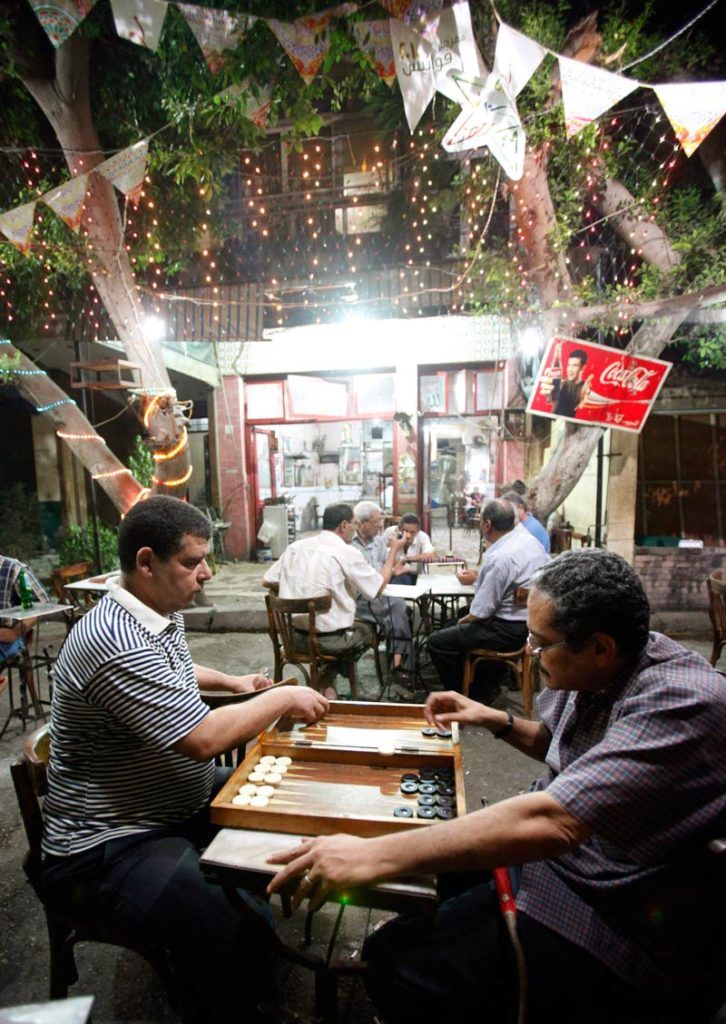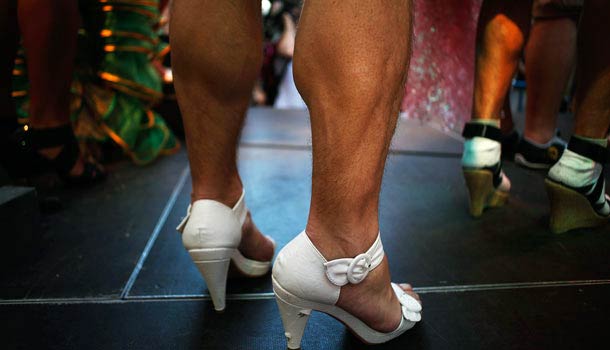A black Mercedes pulls up in a grimy street in Bamako and the back door swings open. A satin-shoed foot emerges beneath a crisp brocade gown and steps gingerly on to the litter-strewn asphalt.
Haidara Aissata Cissé, the only woman standing for president in Mali’s upcoming elections, is greeted by deafening chants of “Chato! Chato!”, her nickname.
Cissé is clearly popular among the market traders in Niarela, the old business district of Bamako where sleek office buildings, hotels and embassies stand incongruously among ragtag, low-rise stalls.
She is the only candidate to visit the area – or indeed to include walkabouts in their campaign schedule at all. Most political hopefuls have concentrated on rallies in stadiums, and visiting local dignitaries and elders.
Cissé tiptoes around the fresh produce laid out on the ground in the market stalls.
“They are so excited,” she says. “They have never seen a politician come to them before.”
It has been six months since France began a military intervention in its former colony to oust Islamist militants who had imposed sharia law in northern cities such as Timbuktu and Gao.
The capital, Bamako, was never occupied but its already weak economy has been crippled by the events of the past 18 months, including a military coup. The upcoming election on Sunday July 28 has been imposed on Mali by the international community despite widespread fears that the country is not ready.

Cissé, a 54-year-old MP and former travel agent, is an outsider among 27 candidates for the presidency. But determined campaigning – and plenty of walkabouts – have improved her following and helped win her the backing of all of Mali’s women’s groups.
If there is no outright winner on Sunday and the presidential election goes to a second round on 11 August, Cissé could drive a hard bargain between run-off candidates vying for the female vote.
Despite the odds, she says she will be the next occupant of Koulouba, the head of state’s palace on a rock overlooking Bamako. She even believes she can get there without giving away the tea, sugar, T-shirts or cash that are common currency in Malian elections.
“One of the market women said ‘give me a wrap with your face on it and I’ll wear it’,” she said. “So I explained to her that there are 703 local authorities in Mali and if I give away fabric to all the women in every commune, it will cost me a billion CFA francs [£1.5m] which might be better spent on a project to help the poor. She liked that and said she would vote for me.”
In common with the other candidates, Cissé does not provide a printed manifesto. She claims it would be copied by her rivals. But she tells a rally at Koulikoro, north of Bamako: “If I am elected, I will launch a Marshall plan to create 500,000 jobs. I shall introduce a programme of excellence to reform education and training. I shall create grants of 100,000 CFA francs [£128] for the poorest mothers so that they can put their children, especially girls, in school.”
In a country where welfare and education have, in living memory, been the responsibility of western aid agencies and Islamic solidarity, development issues are not vote-winners. Unicef, the United Nations children’s fund, has drawn up a primer for candidates listing some of Mali’s shocking statistics: 90% of women have undergone female genital mutilation; one million children are out of school; 2.2 million people defecate in the open air.
Righting those wrongs seems less of a priority for ordinary Malians than building a strong army after the country had to depend on France – and now a United Nations force, Minusma – to secure its borders.
For that reason, Cissé’s campaign calls for “a united and strong Mali”. It is the slogan of almost all of the candidates.
Oumou Touré, president of Cafo, an umbrella organisation for Mali’s women’s groups, said that to do well Cissé must fight a gender-blind campaign. “Mali’s crisis is the result of poor governance which, in turn, is the result of a dysfunctional society. Chato must be seen as the candidate standing for equity, balance and the happiness of all men and women.”
Despite looking slightly out of place in her Senegalese gown and pointy shoes, Cissé seems to impress.
Mariam Coulibaly, a trader, says: “She asked us about our lives. We said we need a market building because selling vegetables on the ground is not hygienic. It is the first time I have seen someone like her come into the market. Usually the only place you see politicians is on posters.”
Alex Smith for the Guardian






